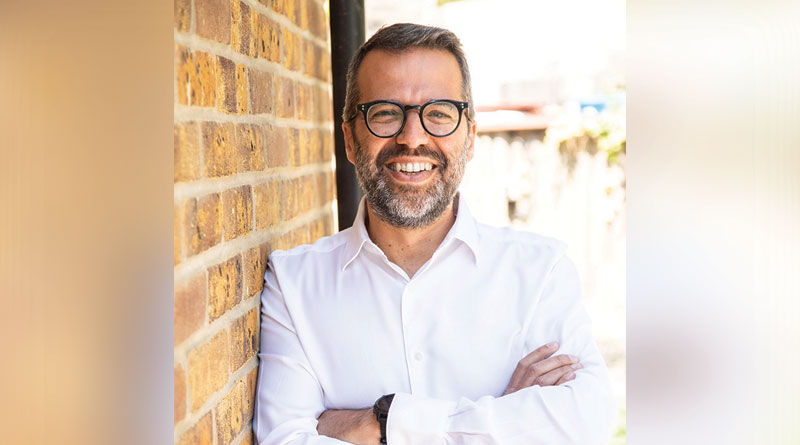My Work as an Undercover Carer is the Secret of Nourish’s Success
Twelve years ago, I worked as a care assistant in a residential home. I’d hidden my CV from the teams and they had no idea that I’d been working for NASA and had sold software to space agencies worldwide. To them, I was just this Portuguese chap who spoke good enough English who helped with baking competitions every Wednesday.
It was probably one of the most important assignments of my career because it allowed me to understand how care homes operated on the ground level. At that point, I knew I wanted to make a difference for these people and because of my background, it would be done using technology.
I could see that carers were having to write a lot of notes and I saw that they had to be prepared for inspections too. Those activities consumed so much energy. There was also the problem of staffing. The ideal carer is somebody with a huge amount of emotional intelligence, yet they were being paid about £10 per hour.
People who go into care genuinely care about people, but they also need some level of academic achievement if they are going to have to write words like amoxicillin and diarrhoea perfectly several times a day. I saw that often, people weren’t confident about writing the notes required and it was sapping joy from the job.
I realised that there must be some kind of digital support that would help the industry. What if I could enable care workers to record all the data of every interaction they have with people so that it could then be used to improve the wellness of those receiving care?
As I was devising the software, which went on to become Nourish Care, I realised that the design needed to be intuitive enough to empower the care worker and for them to be able to hand their phone or tablet to the person in care so that they could make their own choices.
I’d witnessed with my own family that when people go into care decisions are taken away from them. People tell them what they are having for lunch rather than asking them. I wanted our software to give those people a voice.
I believe Nourish has been successful because I didn’t set out to merely start a digital product company. Digital health solutions often fail because nobody has sat down and thought about the fact that the people using it aren’t the people paying for it. A lot of legwork has to be done to understand the dynamics of how a care team operates.
Those baking competitions every Wednesday that I oversaw as a carer were a lot of fun, but they were my gateway into a real holistic understanding of the adult care system, which informed the way I built the software.
Because of this experience, we tend to hire staff at Nourish who also have insider knowledge. For example, our clinical safety officer worked as a nurse for the NHS before running care homes. Her mother ran a care home, so it was something she was familiar with growing up. You won’t find anyone amongst our staff who doesn’t have relevant background experience or care deeply about improving the care sector. It makes for informed decision making as we evolve the product.
Looking back, the spark of Nourish ignited in me when I was very young. I grew up in a village near the city of Coimbra and my parents’ house shared a boundary with the largest mental health hospital in Portugal. My first memory of a community neighbourhood was people in their pyjamas, wandering around smoking their third pack of cigarettes.
My parents never passed judgement on them and we interacted with them on a daily basis. They were my neighbours and I was fond of them. I was a kid who was good at maths and building things and dreamed of being an astronaut, but I also cared about people, who for one reason or another, needed to be looked after. Technological advancements are brilliant, but at the end of the day, they are nothing without people and that’s at the heart of what Nourish is.
For further information, please visit https://nourishcare.com/

